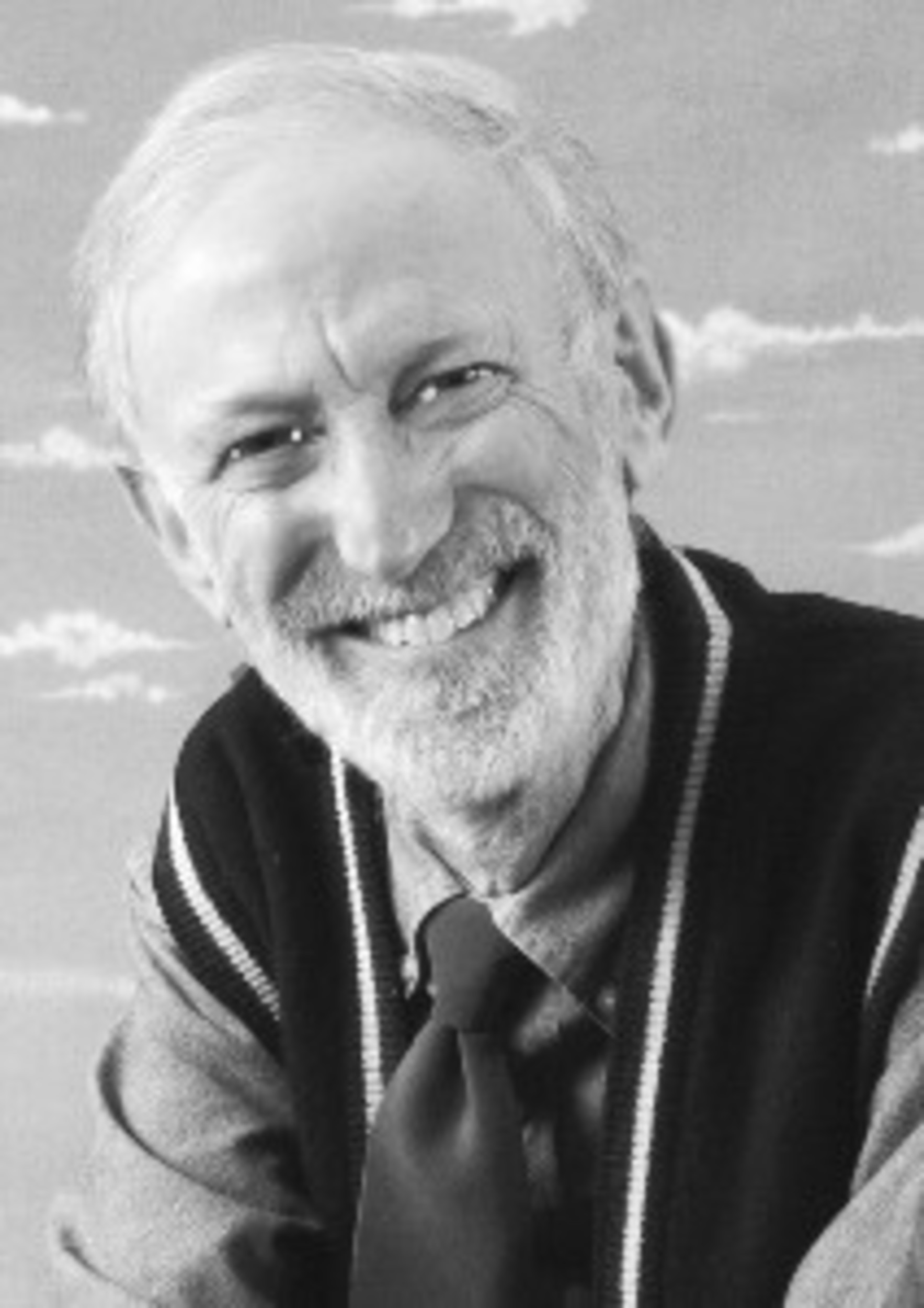A tribute to a great lady: Luise Rainer
She was a delicate beauty, a refined refugee from the rise of Nazism who took flight to stardom in the dreamland over the rainbow: Hollywood, USA. Luise Rainer played poignant variations on the theme of her own early life: the loss of, and longing for, a safe home. “The Great Ziegfeld” left his lady love (Luise) for a bride with higher status; Paul Muni in Chinese make-up as a peasant who rises, prospers and takes a second wife in “The Good Earth” leaves his first, his early, love, bereft. That was the role that the lovely but melancholy Luise Rainer presented to poignant perfection. She earned Oscars for both performances, but then she drifted downward from brilliant acclaim. And yet, there was, there is, a third, and later, movie, less renowned, but worth the mention.
In 1943, Luise Rainer starred in “Hostages,” with a distinguished cast including Oscar Homolka as her father, in a studio-bound Prague during the Occupation.
These “propaganda” movies were produced on the proverbial shoestring, but they served an urgent purpose. They engaged us on the homefront in the hopeful belief that the nations compromised, divided, collaborating with the German invaders, also resisted the oppression, drawing on reserves of courage and nobility. We claimed them as our allies, who would welcome us as their liberators. By now, we are a more cynical audience, and the reviewers recall this movie merely as a trivial melodrama. I believe that it merits and deserves a closer look and consideration, and that the presence of the lovely actress already familiar to us as the fragile and tragic heroine faithful at least to her own personal honor adds distinction and dignity to “Hostages.”
I was able, with the help and support of the woman I love – my wife, that is – to pull this miniature masterpiece from YouTube onto her trusty computer in our little knotty-pine den/theater. Oscar H. is a collaborator and a person of wealth with oil and coal investments to contribute to the Nazi cause. He is mistakenly arrested along with a group of partisans, and his charming and elegant daughter, Luise R., does the best she can to rescue him and secure his release. Until, that is, she begins to unravel the tangled web that holds the various hidden members of the underground, the army of the invisible, the existential troops without uniforms. Sometimes a hero pretends to be a villain or a coward, but only for cover. Now, she faces a dilemma of loyalties.
The anonymous critic in my movie dictionary claims the plot is obscure and cluttered, but he must be younger than I am. I found all the elements of the duration era in clear categories. The working class character, played by none other than our reassuringly familiar William Bendix, seems to be a foolish fellow, but in truth he is the leader of the brave band of maquis men. Paul Lucas, who could be a good guy or a bad one, is the weak Nazi in charge, who loses his self-serving game at the last moment, leaving Luise free to join the Free Czechs in their devotion to the causes of freedom and liberty and solidarity with the allies in their united front against fascism.
The tentative expressive face and figure of Luise Rainer enhances and convinces. I believe it was the Cold War that confused the postwar generation, and that HUAC rendered these films a disservice.
Luise in person lived, as we have been reminded at this juncture of 2014 and 2015, a very long life. She passed away at 104, or perhaps even beyond, at 106 or even 107! In my volume of movie memorabilia her birth year is listed as 1909. She was interviewed not long ago by Robert Osborne of Turner Classic Movies, and her only challenge was her poor hearing, or inadequate hearing aid. I pen or tap these words to share my appreciation for her artistry, her excellent taste, her intelligence and the part she played in bringing comfortable American movie-goers into some degree of understanding of the plight of those trapped in Europe, under the dark skies, upon the trembling earth, in the fires and among the restless oceans of the 1940s. I hope her soul finds refuge as a star among the stars overhead! I also read, and noted, that MGM’s L. B. Mayer confronted her with the statement, “I made you and I can un-make you!” to which she replied, with admirable and almost Chassidic poise, “No, Mr. Mayer, it was God who made me.”
MIKE FINK (mfink33@aol.com) teaches at RISD.








